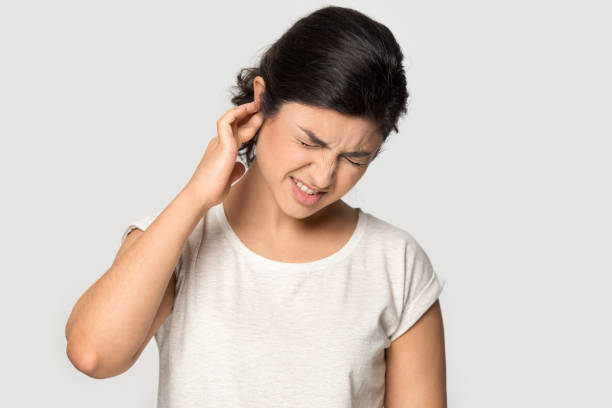Ringing in Ear

About Course
Ringing in the Ear (Tinnitus):
Ringing in the ear, commonly referred to as tinnitus, is a condition where a person perceives sounds that are not caused by external sources. These sounds can vary widely, including ringing, buzzing, hissing, whistling, or even clicking. The sound can be constant or intermittent and may be heard in one or both ears. The intensity of the sound can range from mild to very loud, and it may interfere with daily activities or sleep.
Tinnitus can be caused by a variety of factors, including:
- Exposure to loud noises: Prolonged exposure to loud sounds, such as concerts, machinery, or loud music, can damage the tiny hair cells in the inner ear, leading to tinnitus.
- Age-related hearing loss: As people age, the structures in the ear, particularly the hair cells in the cochlea, naturally degrade, which can result in tinnitus.
- Ear infections or blockages: Conditions such as ear infections, fluid in the ear, or earwax buildup can cause ringing in the ears.
- Ototoxic medications: Certain medications, including some antibiotics, chemotherapy drugs, and high doses of aspirin, can cause or worsen tinnitus.
- Health conditions: Tinnitus may also be linked to underlying health issues such as high blood pressure, diabetes, thyroid problems, temporomandibular joint (TMJ) disorders, or head and neck injuries.
Tinnitus is typically a symptom of an underlying condition rather than a disease itself. Treatment depends on the cause but may involve managing the underlying condition, using sound therapy, or employing cognitive-behavioral strategies to help cope with the symptoms. While there is no universal cure for tinnitus, many individuals find relief through lifestyle changes or medical intervention.
Course Content
What is Ringing in Ear ?
-
What is Tinnitus
01:04
Excercise to fix Ringing in Ear
6-Month Tinnitus Healing Diet Plan
6-Month Tinnitus Healing Exercise Plan
White noises for sleeping
Background music for Ringing in ear Healing
Student Ratings & Reviews
